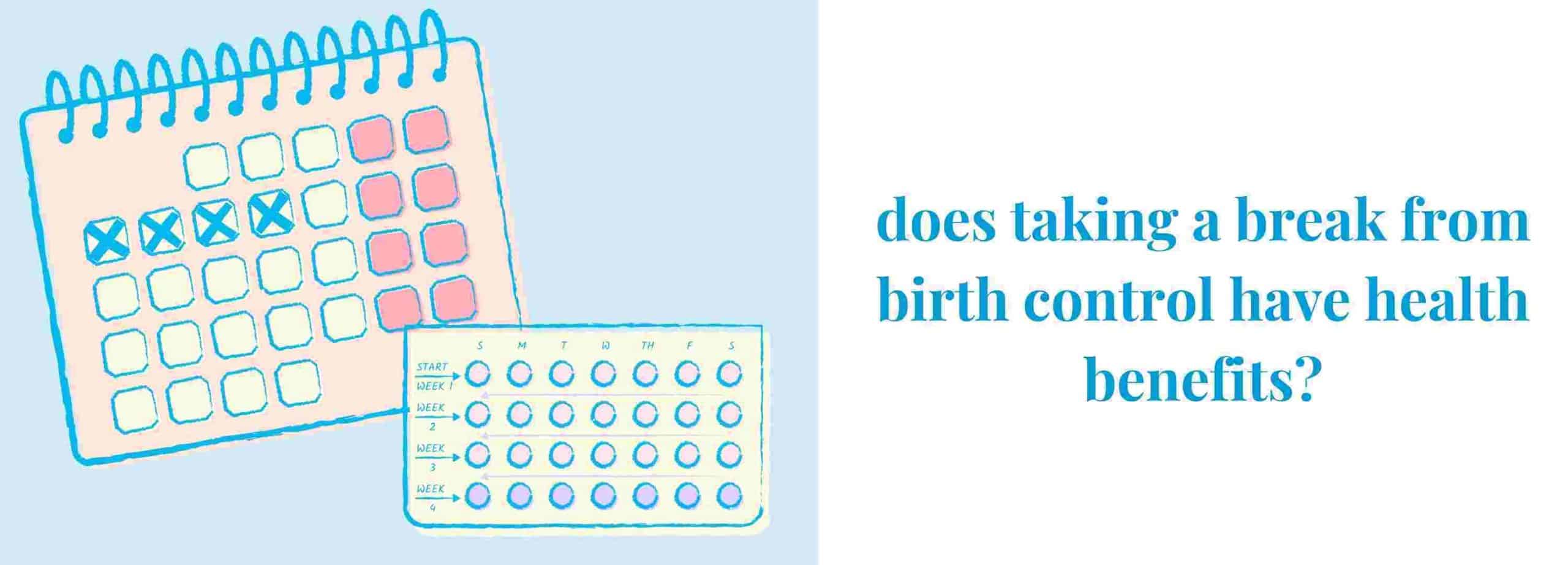You may be wondering if taking a break from birth control is something you should consider to help you reset your body and improve your fertility. But that’s not really how it works and there are risks associated with this decision – risks that you may not realize you’re taking until it’s too late. In this blog post, we’ll explore some of the most important reasons you should not take a break from your birth control.
Disproving the Pill Break or “need to stop birth control for my health” Myth
The pill break myth is a popular belief that taking a short break from birth control pills will reset your body and make it more fertile. This is not true. There is no scientific evidence to support the pill-break myth. In fact, fertility experts sometimes put women with PCOS on the pill to help make their hormones regular and then stop the pill and tell the patient to get pregnant immediately after stopping because that is when the PCOS patient will be most “normal” and more fertile.
If you want to get pregnant, just stop your birth control pills/patch/ring. You’ll probably have a withdrawal bleed and in 2 weeks you can get pregnant! If you don’t have a withdrawal bleed, then see your doctor.
It is also important to remember that it can take up to a year to get pregnant (regardless of whether you were on birth control or not in the past) and even then 15% won’t get pregnant after a year. If you are part of that 15%, see your doctor for a fertility workup of you and your partner.

Hormonal Contraception Isn’t “Unhealthy”
Hormonal contraception is a safe and effective way to prevent pregnancy and is used to treat acne, anemia, painful periods, heavy periods, endometriosis, PCOS, and more. It is also one of the most widely used methods of birth control. In the United States, more than 88% of women between the ages of 15 and 44 use some form of contraception. So, you’re in good company!
The 2 most common types of hormonal contraceptives are birth control pills and hormonal intrauterine devices (IUDs). Birth control pills contain synthetic versions of the hormones progesterone and estrogen. Hormonal IUDs (Liletta, Mirena, Skyla) release small amounts of levonorgestrel into the uterus.
Hormonal contraception is highly effective at preventing pregnancy. In typical use, birth control pills are 91-93% effective at preventing pregnancy. Hormonal IUDs are even more effective than the birth control pill, patch, or ring.
Hormonal contraception is also safe for most women. The risk of serious side effects is very low if you are under 35 years old and a nonsmoker. The most common side effects are minor and include breakthrough bleeding, nausea, sore breasts, and headaches. Most of which go away or improve within 3 months of starting the medication.
Some women worry that hormonal contraception is unhealthy. However, there is no evidence that hormonal contraception is harmful to healthy young women. In fact, birth control pills have some health benefits, such as a reduced risk of ovarian cancer, endometrial cancer, colorectal cancer, anemia, and acne.
If you are a healthy young woman and you are concerned about the safety of hormonal contraception, talk to your doctor. Pandia Health’s expert doctors can help you choose the birth control pill with the least amount of side effects or no side effects customized for you.
So, what’s the verdict? Are hormonal contraceptives unhealthy? The answer is a definite no. For more than 70 years, hormonal contraceptives have been studied extensively and found to be safe for most women. However, like any medication or health choice, it’s important to weigh the risks and benefits for you specifically and make an informed decision about which method of birth control is right for you.
If you’re looking for expert care by expert birth control doctors or to automate your birth control (get it delivered!), Pandia Health is the perfect fit for you! Our online platform makes it easy to get started with our service.

